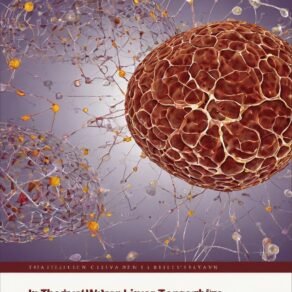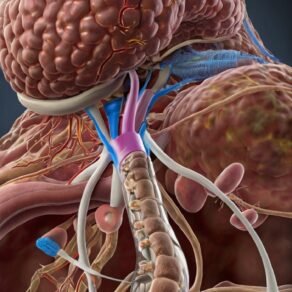Fatty liver disease, once considered a consequence of excessive alcohol consumption, has evolved into a prevalent health concern with diverse causes. This article delves into the multifaceted origins of fatty liver, providing a structured exploration of the key factors contributing to its development.
Understanding the Complex Causes of Fatty Liver
1. Dietary Habits:
- Importance: A diet high in saturated fats, sugars, and refined carbohydrates contributes significantly to the accumulation of fat in the liver.
2. Obesity and Metabolic Syndrome:
- Importance: Excess body weight, particularly abdominal obesity, and insulin resistance are closely linked to the development of non-alcoholic fatty liver disease (NAFLD).
- Obesity and Fatty Liver, Metabolic Syndrome, Insulin Resistance.
3. Insulin Resistance:
- Importance: Impaired insulin action plays a pivotal role in the development of fatty liver, affecting the liver’s ability to regulate glucose and fat storage.
- Insulin Resistance and Fatty Liver, Glucose Regulation.
4. Genetic Predisposition:
- Importance: Some individuals are genetically predisposed to fatty liver disease, highlighting a hereditary component in its development.
- Genetic Factors, Hereditary Fatty Liver.
5. Alcohol Consumption:
- Importance: Chronic alcohol consumption can lead to alcoholic fatty liver disease, a distinct condition from non-alcoholic fatty liver disease.
- Alcohol and Fatty Liver, Alcoholic Fatty Liver Disease.
Identifying Risk Factors and Triggers
1. Type 2 Diabetes:
- Importance: Individuals with diabetes are more susceptible to developing fatty liver due to insulin resistance and metabolic dysregulation.
- Diabetes and Fatty Liver, Type 2 Diabetes Risk.
2. Rapid Weight Loss:
- Importance: Drastic weight loss, often associated with crash diets or bariatric surgery, can lead to the rapid release of stored fat into the liver.
- Weight Loss and Fatty Liver, Rapid Fat Mobilization.
Lifestyle Factors and Environmental Influences
1. Sedentary Lifestyle:
- Importance: Lack of physical activity contributes to obesity and insulin resistance, increasing the risk of fatty liver.
- Sedentary Lifestyle, Physical Inactivity and Fatty Liver.
2. Environmental Toxins:
- Importance: Exposure to certain environmental toxins and pollutants may play a role in the development of fatty liver disease.
- Toxins and Fatty Liver, Environmental Influences.
Conclusion: A Holistic View of Fatty Liver Causes
Understanding the myriad causes of fatty liver underscores the importance of adopting a holistic approach to prevention and management. This article aims to provide a structured overview of the diverse factors contributing to fatty liver disease, emphasizing the need for lifestyle modifications, early detection, and personalized interventions for optimal liver health.



